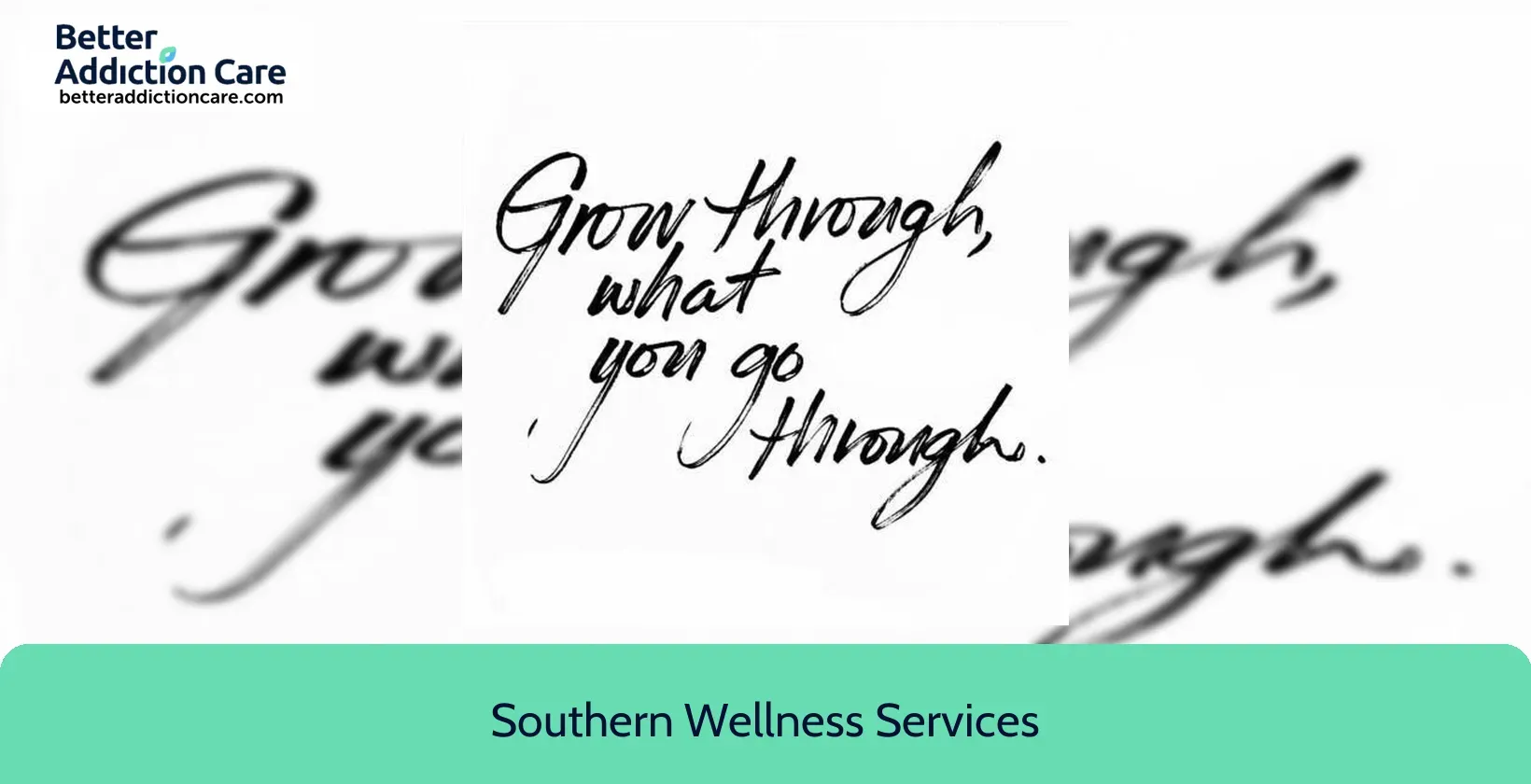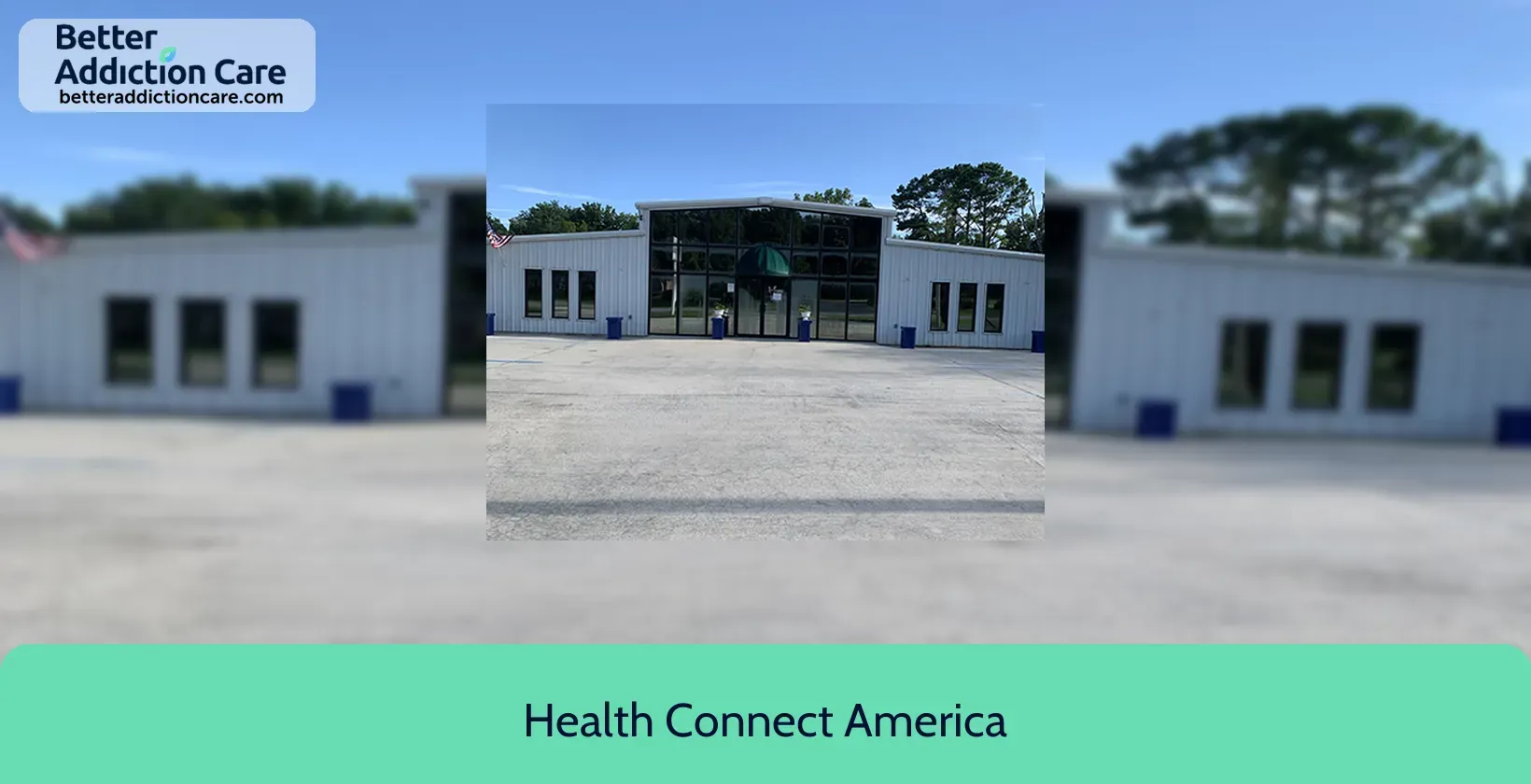Bradford Health Services - Florence Outreach

Overview
Bradford Health Services - College Street, located in Florence, Alabama, offers comprehensive outpatient and intensive outpatient treatment programs for individuals struggling with substance addiction. Their approach includes a combination of 12-step therapy, group counseling, family support, and individualized care to address each person’s unique recovery needs. Their mission is to provide high-quality, evidence-based care that helps individuals achieve lasting sobriety and a healthier lifestyle.
Bradford Health Services recognizes that chemical dependency is a chronic, progressive illness that impacts various aspects of life, including physical, psychological, emotional, social, vocational, and spiritual health. Their programs are designed not only to address the substance abuse itself but also to provide care for related conditions such as eating disorders, psychiatric illnesses, and family dysfunction.
The team at Bradford Health Services has a deep understanding of the recovery process, recognizing that every patient’s journey is unique. Their empathetic approach ensures that each individual receives the care and support they need at every stage of their recovery. Their treatments are rooted in evidence-based practices, ensuring that each patient is met where they are and guided toward where they want to be. The goal is to help individuals and their families overcome addiction in the long term, restoring health and balance to their lives.
The Bradford community spans across the Southeast, offering top-tier addiction treatment programs that are in-network with most major insurance providers. Their programs are widely recognized by leading carriers for their positive outcomes and complete continuum of care, making Bradford Health Services a trusted choice for individuals seeking recovery.
The facility has received accreditation from The Joint Commission, underscoring their commitment to maintaining the highest standards of care and patient safety.
Bradford Health Services - Florence Outreach at a Glance
Payment Options
- Cash or self-payment
- Private health insurance
- Self-pay options
- Financial aid
- Military insurance
Assessments
- Screening for tobacco use
- Comprehensive substance use assessment
- Outreach to persons in the community
- Screening for substance use
- Complete medical history/physical exam
Age Groups
- Young adults
- Adults
- Seniors
- Adolescents
Ancillary Services
- Case management service
- Suicide prevention services
Highlights About Bradford Health Services - Florence Outreach
7.48/10
With an overall rating of 7.48/10, this facility has following balanced range of services. Alcohol Rehabilitation: 8.00/10, Drug Rehab and Detox: 7.85/10, Insurance and Payments: 6.00/10, Treatment Options: 8.06/10.-
Treatment Options 8.06
-
Alcohol Rehabilitation 8.00
-
Drug Rehab and Detox 7.85
-
Insurance and Payments 6.00
Accreditations
State mental health department:
State mental health department accreditation refers to the process of evaluating and certifying the quality and standards of a state's mental health department, ensuring that it provides high-quality services and meets specific criteria for mental health care. The accreditation process is performed by a third-party organization and helps to improve the overall care and treatment of individuals with mental health conditions.
The Joint Commission:

The Joint Commission accreditation for addiction and behavioral health is a prestigious recognition signifying a facility's commitment to delivering high-quality care and safety for individuals dealing with substance abuse and mental health issues. It involves rigorous evaluations and assessments, ensuring patients receive evidence-based treatment and exceptional care. This accreditation demonstrates a facility's dedication to continuous improvement and ethical practices, building trust among patients and healthcare professionals seeking top-tier addiction and behavioral health services.
NAATP:

The NAATP accreditation is a recognized certification for addiction and behavioral health facilities. This accreditation serves as a validation of a center's commitment to maintaining high standards in the field. It signifies that the facility has met specific criteria and requirements set by NAATP, ensuring that individuals seeking addiction and behavioral health services can expect a level of quality and professionalism in their care. NAATP accreditation is a notable benchmark for facilities striving to provide effective and ethical treatment within this critical healthcare sector.
Treatment At Bradford Health Services - Florence Outreach
Treatment Conditions
- Alcoholism
- Substance use treatment
- Mental health treatment
- Co-occurring Disorders
- Opioid Treatement
Care Levels
- Outpatient
- Outpatient methadone/buprenorphine or naltrexone treatment
- Intensive outpatient treatment
- Regular outpatient treatment
- Aftercare
Treatment Modalities
- Cognitive behavioral therapy
- Telemedicine/telehealth therapy
- Substance use disorder counseling
- Trauma-related counseling
- Smoking/vaping/tobacco cessation counseling
Ancillary Services
Additional Services
- Pharmacotherapies administered during treatment
- Mentoring/peer support
- Breathalyzer or blood alcohol testing
Special Programs
- Clients who have experienced trauma
Get Help Now
Common Questions About Bradford Health Services - Florence Outreach
Contact Information
Other Facilities in Florence

7.03

6.83

7.32
DISCLAIMER: The facility name, logo and brand are the property and registered trademarks of Health Connect America, and are being used for identification and informational purposes only. Use of these names, logos and brands shall not imply endorsement. BetterAddictionCare.com is not affiliated with or sponsored by Health Connect America.
